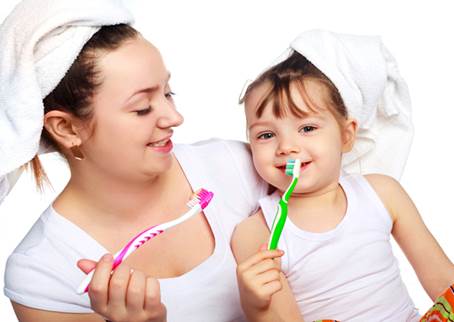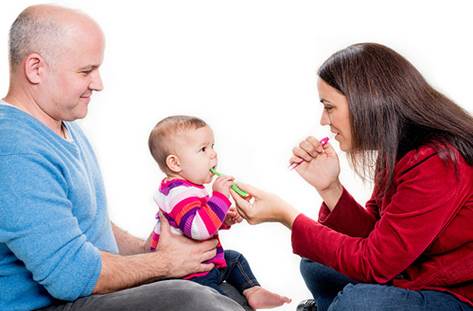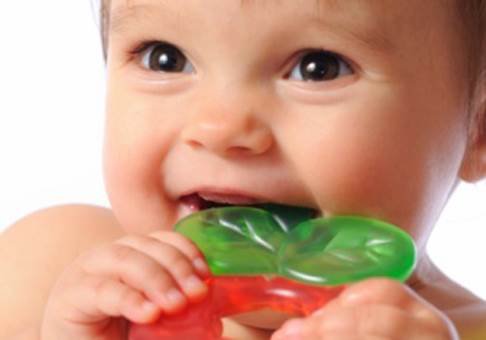Spitting is usually an unacceptable habit that
makes your baby have a problem, but brushing is the time that spitting is
necessary. If your baby swallows too much fluoride when her permanent teeth are
developing, it can cause discoloration in the teeth. Swallowing too much
fluoride toothpaste can lead to stomach pain and intestinal obstruction and
even vomiting and diarrhea. Thus, it is important to keep toothpaste out of the
reach of children. Furthermore, teaching your baby to spit out the toothpaste
while brushing will limit the amount of fluoride she ingests so that her pearly
teeth are still white.

Spitting
is usually an unacceptable habit that makes your baby have a problem
Things you will need
·
Toothpaste
·
Cup
Guides
1.
Select the right toothpaste. Toothpaste for babies
has many flavors, such as chewing gum and berry. While brushing teeth with a
flavored toothpaste is more interesting than with normal toothpaste, it can
also encourage your baby to swallow the paste. Select a mild mint flavor that
will not attract your baby too much. While young children should not use fluoride
toothpaste, those older than 2 years old can use toothpaste that contains
fluoride, according to experts. Toothpaste without fluoride is also available.
Use this toothpaste until your baby master the spitting.

Allow
your baby to track you brush your teeth, then spit out
2.
Illustrate how to spit out toothpaste. Allow your
baby to track you brush your teeth, then spit out. Explain to her that you did
not swallow while you brushed.
3.
Just put a little toothpaste on the toothbrush, so
babies are less likely to swallow. Use a dab no larger than the size of a pea.
If the baby swallows it, use a smaller amount until she get used to spitting
out.
4.
Monitor the baby when she is brushing her teeth.
Most babies need help to brush their teeth. By staying close, you can teach
your baby so she remembers to spit out instead of swallowing toothpaste.

Practice
spitting with normal water if the baby still does not know how to do it
5.
Turn the spitting out toothpaste into one game by
telling the baby to aim toward the drain in the sink. Tell the baby that she
will score point when she hits the target with toothpaste that she spit out.
Tips and warnings
Practice spitting with normal water if the
baby still does not know how to do it. While you do not want your baby to start
spitting everywhere, she needs to learn the spitting process to avoid
swallowing toothpaste. Allow her to spit water from a cup in the tub or
practice in the backyard.